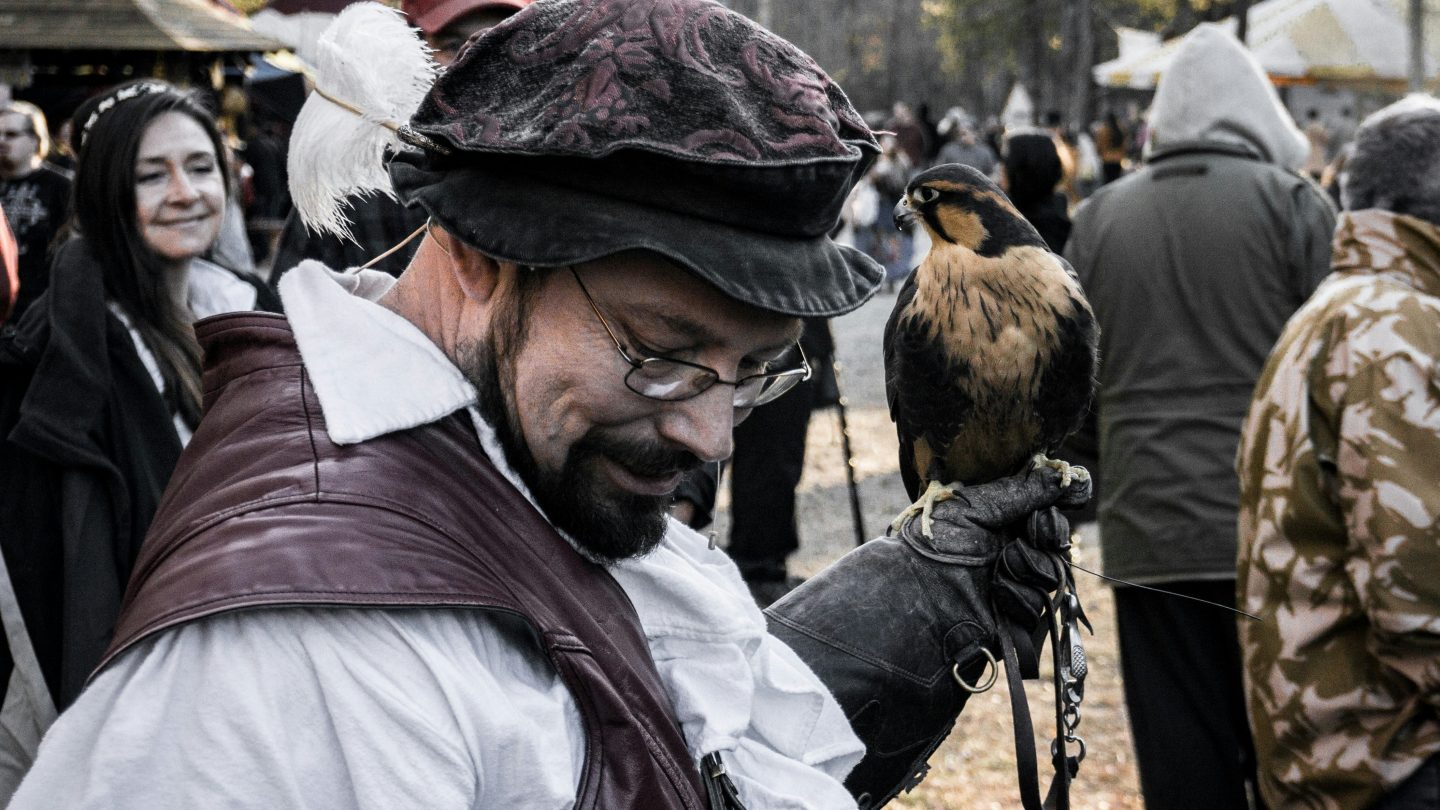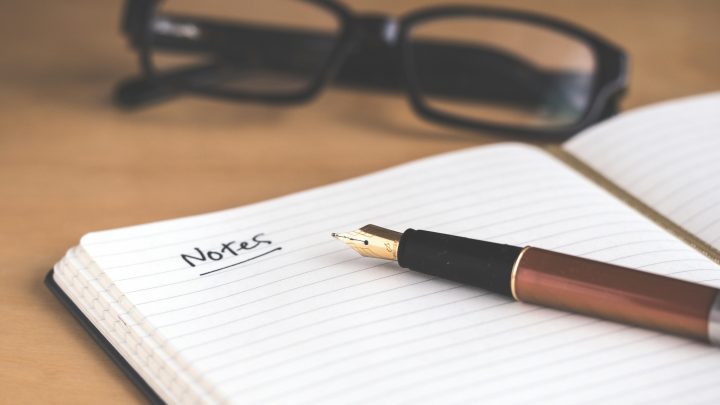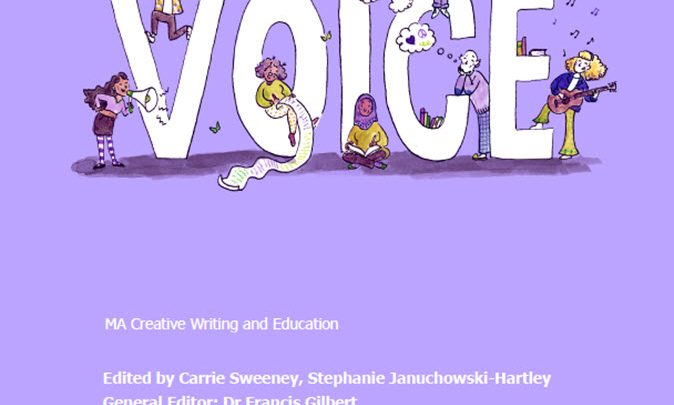This page is devoted to ideas, images and articles which will help writers become teachers and researchers of creative writing.
The argument is that all writers are teachers and researchers because writers have to teach themselves how to write constantly; they are continually goading and motivating themselves to write, teaching themselves how to write in a particular style, setting goals. They are also researching continually, researching the world around them for material, researching relevant literature, and using their own particular methodologies to do this.
on FEEDBACK
Becoming the Falconer
Aspects of the neoliberal education system can preclude the development of young writers. Feedback can be unempathetic, but it can also be productive, creating an internal dialogue that develops the writer over time.
techniques and guides
Inspiring Creative Writing and Learning
Creative writing can be improved by a multidisciplinary approach including freewriting, drawing, art, and writing letters, even to imaginary audiences.
Descending into the crypt: methodologies and methods for researching creative writing
For all creative writers who wish to explore writing processes further, using established research.
Of Note: Four Ways Taking Notes have Enriched My Life
Notes have helped me remember; they’re my safe space; they’re therapeutic; and they’ve liberated my imagination
research and commentary
A Century of Teaching Creative Writing in Schools: the Newbolt Report and teaching creative writing
Newbolt strongly advocates imaginative ways of teaching writing, championing self-expression above rote-learning.
The British Library, research and creative writing
This blog post explores how creative writing can be used to help people engage with the British Library and its collection. It shows how students on the MA Creative Writing and Education led members of the general public through the British Library, inviting them to respond creatively to key elements of its archive and exhibitions.
Freeing Creative Voice – An Anthology
How educators, creatives, and learners can liberate and uplift their voices through writing, teaching, investigating, and intentional everyday living.





